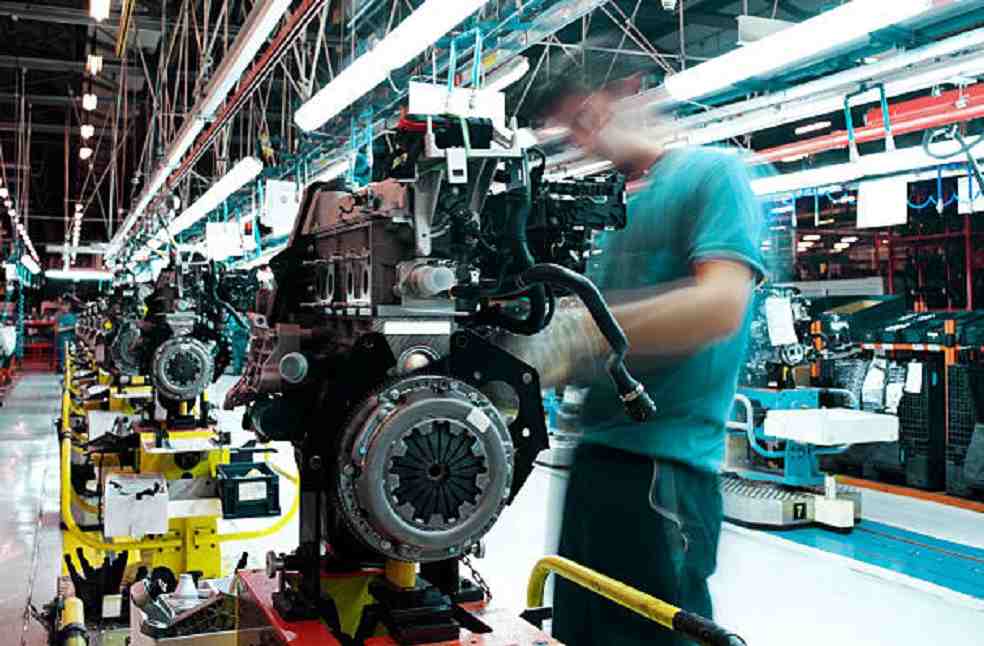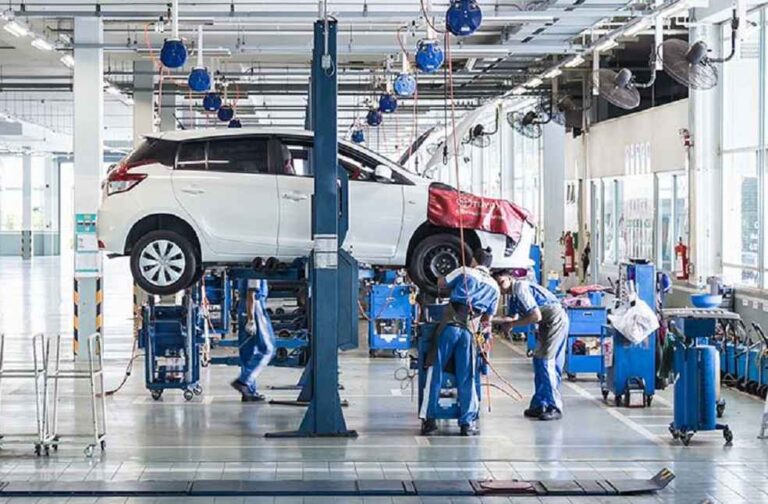Pakistan contemplates a revolutionary shift within its automotive sector, marking a pivitol moment for its economy. For decades, a high tariff barrier of over 45% on imported vehicles, as quantified by the Pakistan Institute of Development Economics (PIDE), has insulated Pakistan auto manufacturers from the rigors of international competition. The landscape shifts as the nation seeks economic rejuvenation and a remedy for its persistent trade deficit.
Debates focus on an innovative ‘super tax’ tied to export performance, proposing a paradigm shift from protectionism towards export orientation. Companies entrenched in the local market could see a 60% tax on profits, a stark contrast to the reduced rate of 15% if 10% of production is exported, or complete exemption if exports surpass 40%..

This tax mechanism aims to catalyze a potential 40% production increase, thereby enhancing Pakistan’s export capabilities. With an ambitious goal to augment the nation’s exports by Rs1.2 trillion, this approach seeks to realign the auto industry’s trajectory towards competitiveness and global market integration.
Critics express concerns over the immediate fiscal impact on companies, already navigating high operational costs. Yet, the prevalence of ‘on money’ fees highlights an existing demand surplus, suggesting an untapped potential for export-driven growth.
Strategic, phased implementation of the super tax over several years could facilitate a smooth transition, enabling firms to develop the requisite export capabilities. This approach emphasizes not only volume but also the quality and innovation of exported vehicles, encouraging the shift towards more environmentally friendly models such as hybrids and electric vehicles (EVs).

This policy represents a critical juncture for Pakistan’s automotive sector, offering an opportunity to transcend traditional protectionism for a stake in global markets. Through strategic foresight and collaborative efforts, this reform could herald a new era for the Pakistani auto industry, aligning with global sustainability trends and enhancing economic prospects.
The challenge of navigating towards an export-driven future presents complexities, yet the strategic benefits of diversifying into high-value, technologically advanced vehicles promise a rewarding journey. This initiative embodies the potential for Pakistan to redefine its automotive sector, fostering economic growth and environmental sustainability on the global stage.
EV WORLD | Hyundai Hits 15K Used EV Sales Target for 2024: A Green Revolution





